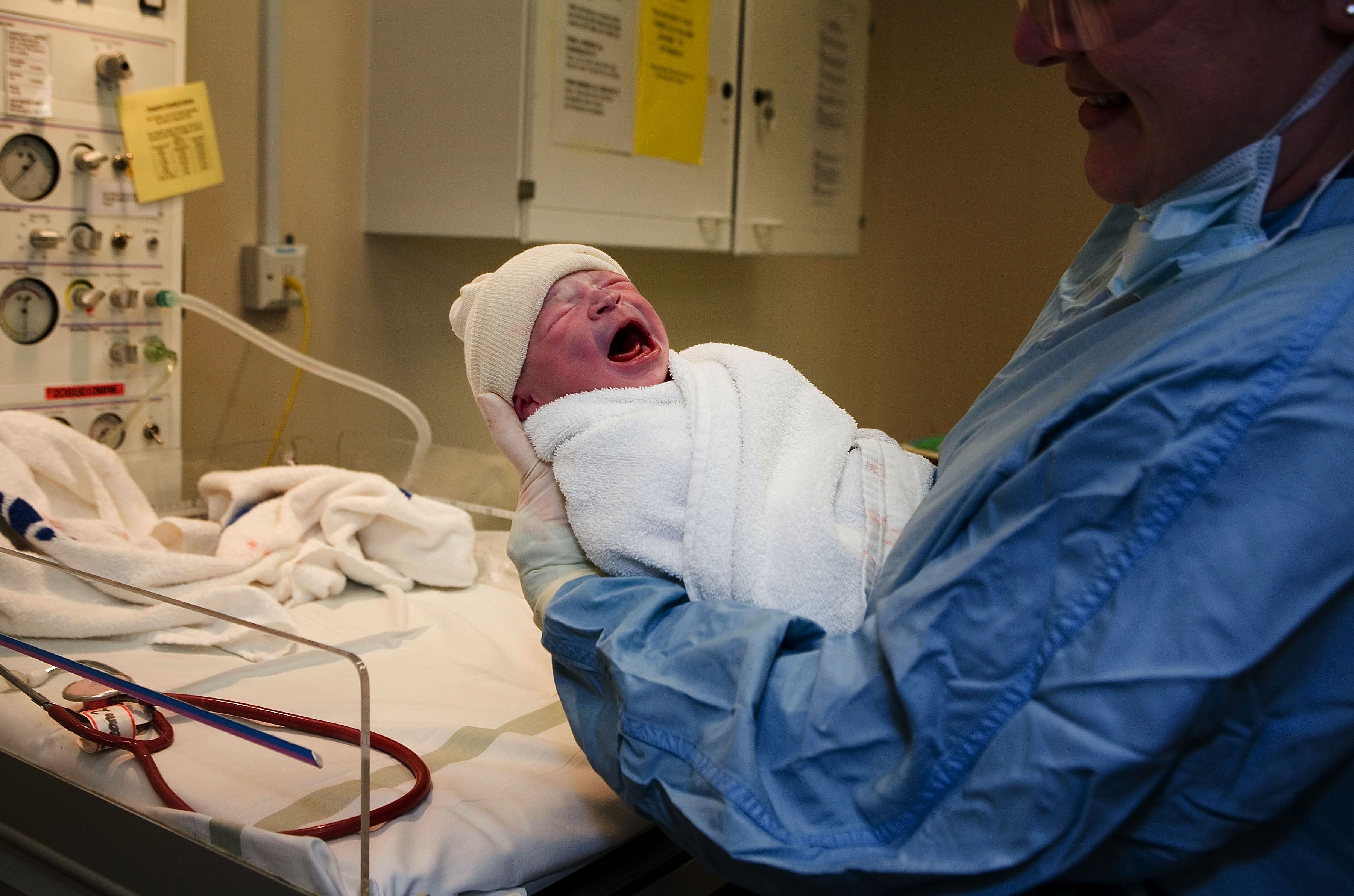More countries ‘trying to coerce women to have more children’, report finds
‘These regimes are instrumentalising women’s bodies to serve nationalistic, economic and patriarchal interests,’ says expert

More countries are adopting policies that coerce women into having more children, a report has found.
Around three in ten nations across the globe now have pronatalist policies that encourage citizens to have more children, according to charity Population Matters.
Researchers, who examined data from the United Nations, noted a substantial rise from the ten per cent of nations that enacted such policies in 1976.
The paper highlighted examples of pronatalism being pursued in countries such as Turkey, Russia, Hungary, Poland, Iran and China.
However, it also warned politicians in the US and Germany are beginning to champion parallel policies.
Monica Scigliano, the report’s author, said: “When people think of coercive population policy, their minds often go to examples like China and India, in which leaders wanted to limit population growth by forcing women to have fewer children.
“Now, however, with birth rates declining and in some cases emigration reversing population trends, that has changed.
“As people continue to choose smaller families, more governments across the world are resorting to coercive tactics, depriving people of their reproductive rights in order to increase their populations.”
Ms Scigliano, a policy adviser, said nationalism can spawn a “toxic brand of pronatalism” which signifies an “almost inevitable threat to sexual and reproductive health and rights”.
Researchers warned nationalist governments are infringing on women’s reproductive and sexual freedom rights - suggesting “right-wing, populist and nationalist administrations are stigmatising women who choose to have smaller families as unpatriotic”.
The proponents of pronatalist policies sometimes believe in the deeply racist and xenophobic “Great Replacement” conspiracy theory which maintains Christian and European populations and their culture will be eradicated due to immigrants from Muslim countries relocating overseas to escape human rights abuses.
The report noted Viktor Orban, Hungary’s far-right prime minister, has proposed “a comprehensive agreement with Hungarian women” to bear more children. The leader promotes debt-free education for women but only if they have at least three children.
He has also pledged that women who give birth to four or more children need not ever pay income tax again.
“We want Hungarian children. Migration for us is surrender,” Mr Orban has previously said.
Researchers also drew attention to pronatalist policies in Poland where a near-total abortion ban was enacted last October - further tightening the nation’s already highly restrictive abortion laws and triggering the largest protests in the country since the collapse of communism.
Under the new laws, it is now illegal to have an abortion in cases where there are foetal defects. Before that, although terminating a pregnancy has long been illegal in Poland, foetal abnormalities were one of the exceptions where an abortion was permitted, along with cases of rape, incest, or where the mother’s life is at risk.
Before the stringent new abortion rules were rolled out, some 98 per cent of the tiny number of legal abortions which occurred in the predominantly Catholic nation were cases of foetal defects.
Campaigners have blamed the new for the recent death of a 30-year-old pregnant woman, named only as Izabela, who died after she was blocked from having an emergency operation as doctors said they had to wait until they could stop hearing her baby’s heartbeat.
Antonina Lewandowska, an abortion rights campaigner who is one of the report’s authors, said anti-abortion campaigners in Poland forced doctors into “such a state of fear” that they preferred to let Izabela “go into septic shock” than provide her with an abortion earlier on and therefore “save her life”.
She said: “They are terrified of prosecution and stigma, as the pro-natalist anti-choice movements would probably eat them alive. On the other hand, there is a group of medical professionals that are rather comfortable with the current situation.
“As it lets them argue that medical negligence happens due to that ‘freezing effect’ of an abhorrent law rather than their own incompetence, mistake or deliberate choice to not provide their patients with necessary medical care - an abortion - due to their personal beliefs.
“In both cases, it is clear - aggressive, fundamentalist pronatalism paved the way for violating human rights in Poland.”
The report is titled Welcome to Gilead, a reference to The Handmaid’s Tale - a 1985 dystopian novel by Margaret Atwood, which is set in a fervently patriarchal, totalitarian state where women are forced to bear children for a governing class of men.
Robin Maynard, director of Population Matters, said: “Coercive pronatalism is not simply a manifestation of patriarchy or misogyny but can be a product of political and economic forces entirely indifferent to women, for whom they exist simply as productive or non-productive wombs.
“These regimes are instrumentalising women’s bodies to serve nationalistic, economic and patriarchal interests. Violating sexual and reproductive health and rights is never justified. It is imperative we all defend them, wherever they are threatened, and for whatever reason.”
The report warned world leaders are anxious women deciding to have fewer children will impede their “economic and political goals”.
“Pronatalism is often linked to a restrictive, patriarchal ‘pro-family’ agenda and the promotion of ethnic nationalism, based frequently on religious orthodoxy and hostility to multiculturalism and immigration,” researchers added.
Join our commenting forum
Join thought-provoking conversations, follow other Independent readers and see their replies
Comments




Bookmark popover
Removed from bookmarks